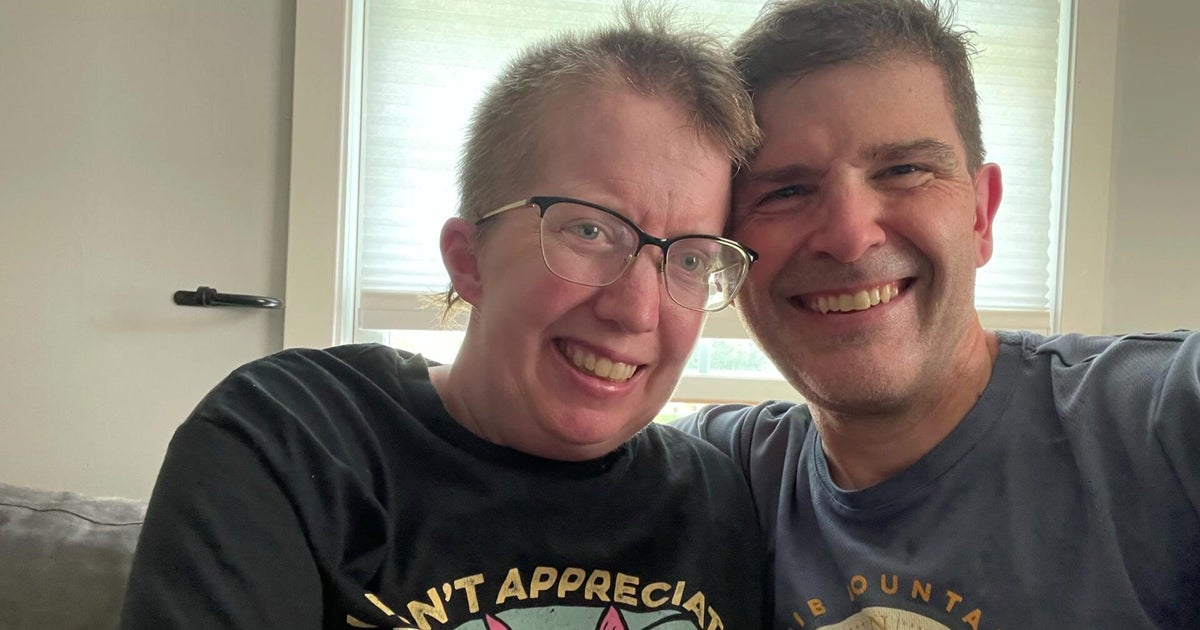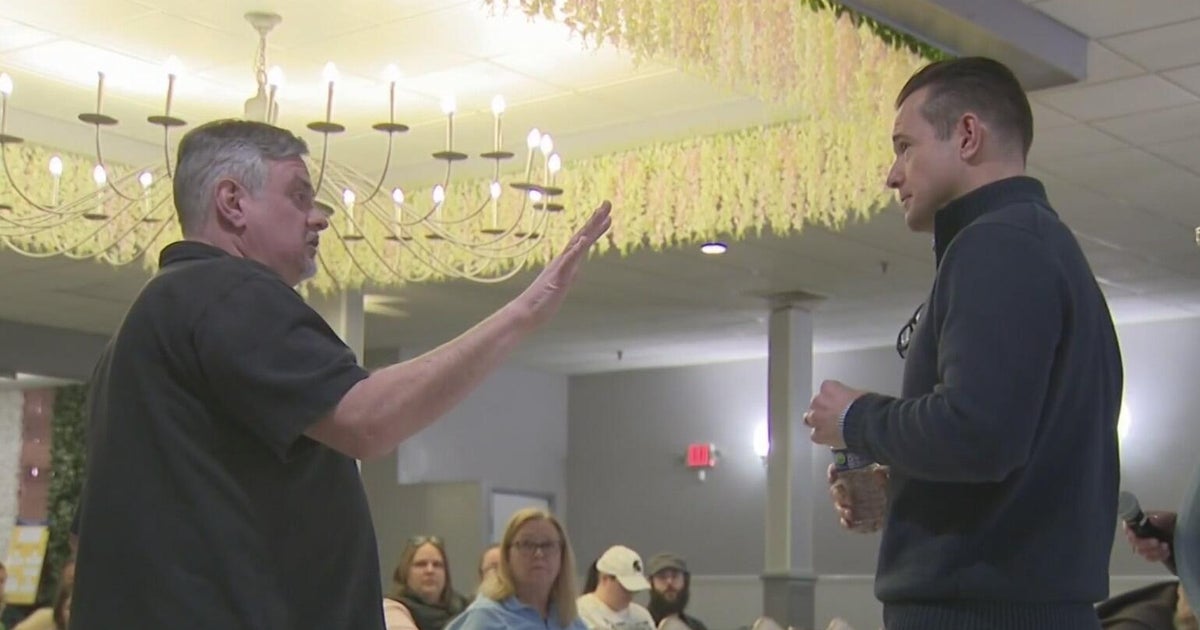Hearing Loss Could Indicate Alzheimer's Risk
BOSTON (CBS) - For many of us, the older we get, the tougher it is for us to hear.
In fact, a full 50-percent of us will be candidates for a hearing aid by the time we reach retirement age.
Many assume hearing loss is just a part of the aging process and there's nothing we can really do about it.
WBZ-TV's Kate Merrill reports
But there's new research that suggests hearing loss could be an indicator of something much more serious.
Researchers at Johns Hopkins University studied about 600 people over a period of several decades.
They discovered a significant association between people with hearing loss and a risk of developing dementia or Alzheimer's disease.
The findings indicated the greater the hearing loss, the greater the risk for developing cognitive impairment.
Lead researcher Dr. Frank Lin was surprised by the results.
"We actually didn't expect the association to be that strong," he said.
According to Lin, the research didn't offer any clues as to why this happens to people, but he has a couple of theories.
"They may need to spend more cognitive and brain resources to process sound. This may come at the expense of cognition," he said.
There may be a biological connection between the two and finally it could have something to do with how hearing loss impacts our ability to socialize.
Julie DeMatteo-Lane has lived with a degenerative hearing loss for much of her life.
She understands what that can do to someone's ability to communicate with others.
"It can be very isolating," she said.
"Social isolation is an incredibly strong risk factor for developing dementia," Dr. Lin explained.
Dr. Steven Rauch, an otologist at Massachusetts Eye and Ear Infirmary, said that while the methods were sound, this particular research has limits.
He says it does not prove a cause and effect connection between hearing loss and dementia.
However, he did say that hearing loss can have a profound effect on a person's life.
"It's a tragedy to let it go unaddressed," he said.
There is some good news.
Technology for treating hearing loss has drastically improved in recent years.
Since being fitted for digital hearing devices by audiologist Loleatta Wigal, Julie says a whole new world has opened up.
"I went home and flicked the light switch and heard it click. It scared me half to death," she said.
"I didn't know what I was missing," she added.
Julie is enjoying those new sounds and does not spend a lot of time wondering about the possibility of developing Alzheimer's down the road.
"I don't worry about it, because I certainly can't stop it," she said.
What people can do is take steps to protect their hearing.
Tell the kids to turn the music down and try to avoid prolonged exposure to loud noises.
It may or may not impact your risk of developing Alzheimer's disease, but it will certainly improve your quality of life.







